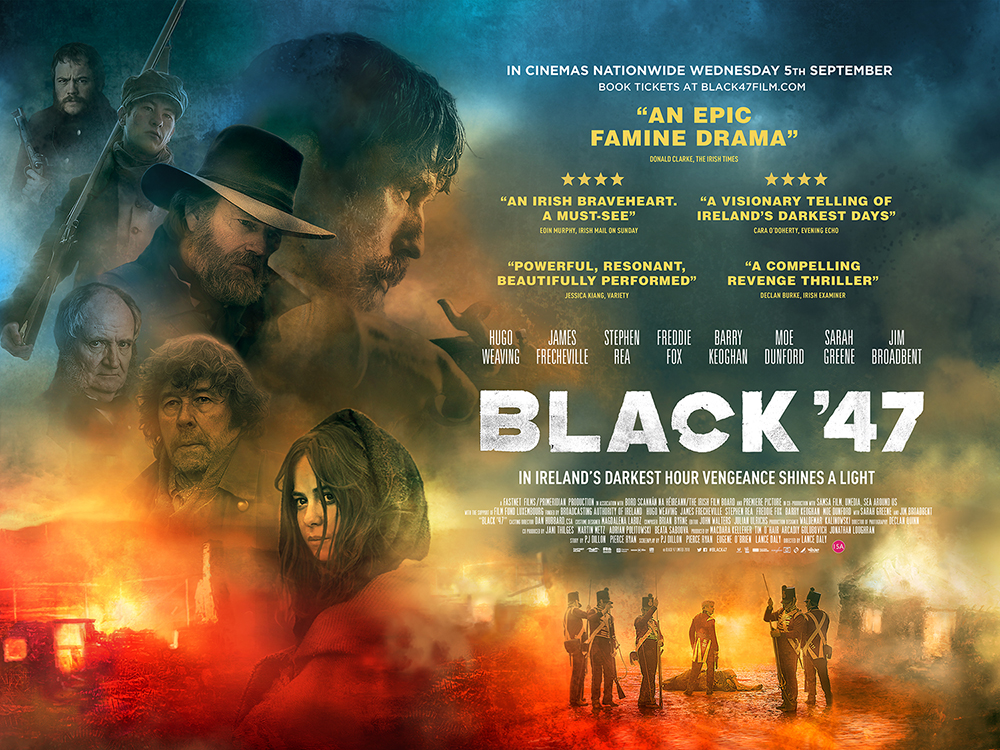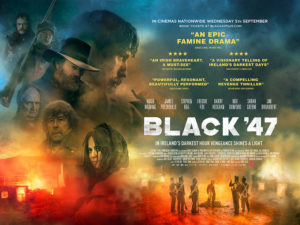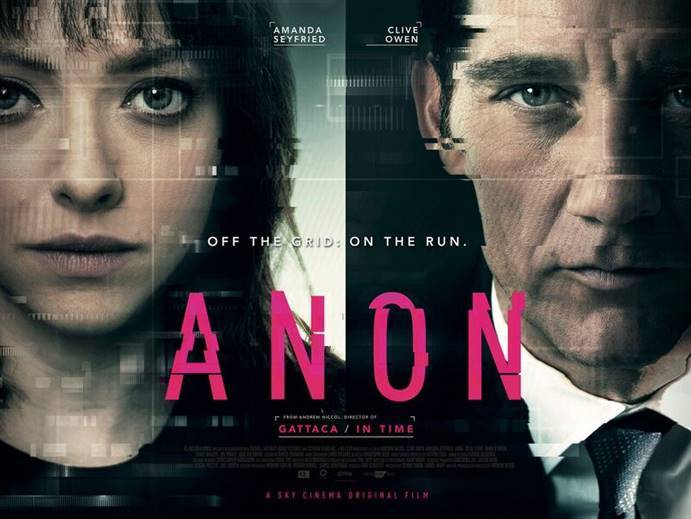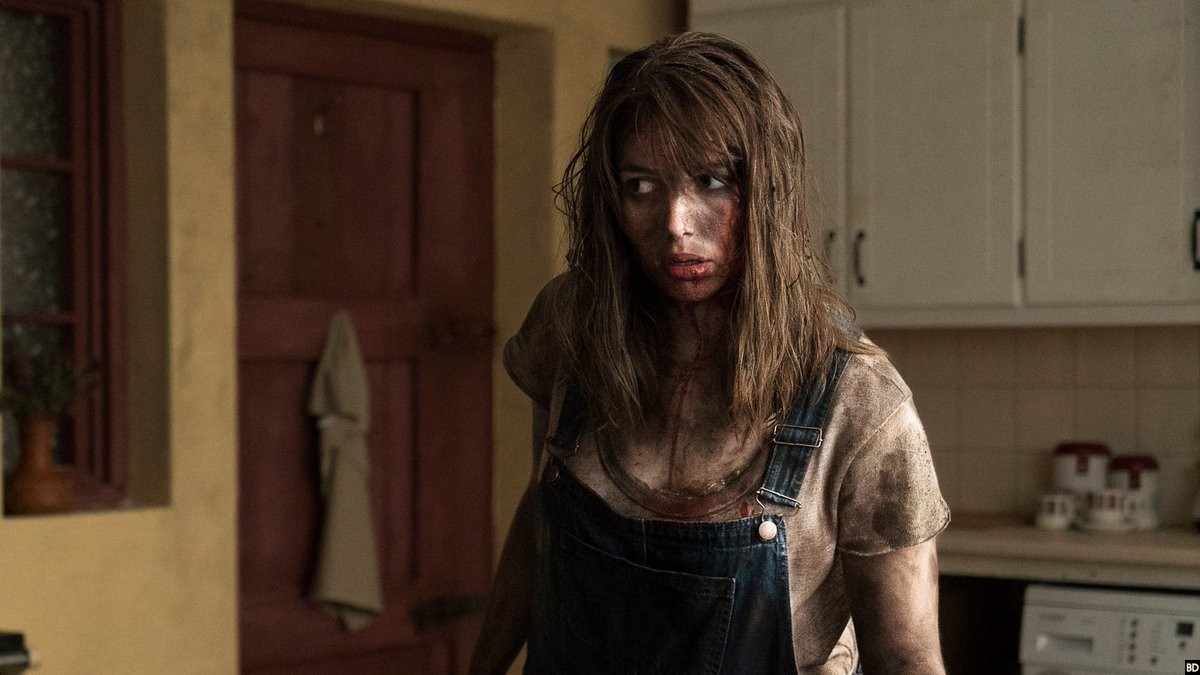Black 47 Movie Review
A man comes home to find nothing but death during the Irish famine in this tale as old as Ireland – a story of revenge.
Black 47 is an Irish take on the classic American revenge western, the events happening with the backdrop of the “the great hunger.” Feeney (James Frecheville) returns home to rural Ireland after fighting for the British in the Middle East. He arrives to find most of his family dead from starvation or disease and the only remaining family he has are the wife and children of his deceased brother. Soon after his return a nasty landowner evicts his family, resulting in his nephew being shot and Feeney being arrested.
Director and Co-Writer Lance Daly doesn’t give us anything new in this film that we haven’t seen before regarding the story. But then again, it is a revenge western, so we aren’t supposed to get something new out of it. I think the story he really wanted to tell is the story of the famine and the impact it had on people. However, perhaps being worried that this wouldn’t sell as a movie, instead he used the famine as a backdrop to a film starring a silent hero running around killing bad guys as that would be more likely to be seen by a larger audience. It worked well in the first Rambo movie – just like Stallone’s character comes home from the Vietnam War to find a small town full of intolerant cops, Feeney comes home in Black 47 to find a bunch of arrogant and indifferent aristocrats and police.
I went into the screening of Black 47 really wanting to like this movie. Yet, when I left the theatre, I found that I was trying to convince myself to like the film. The performances left nothing to be really impressed with. Supporting characters, such as Pope (Freddie Fox) as the snooty British officer and Fitzgibbon (Moe Dunford) as the brutish cop, are relatively one dimensional. The low-quality CGI of felled homes across the Irish landscape could have been done better as well. Most importantly, the writers and director seemed to want to tell a specific story, but didn’t know how to do it, so they copied various tropes of American cinema for the story instead.
Even with its flaws, I still recommend seeing this film. This was the first I heard of the term “Black 47” which is used as a term for the year 1847 and the high death tolls in Ireland as a result of the potato famine. It is also worth watching for the little things thrown in, such as Irish grain being shipped to England during the famine while people were starving in the country, or the story one character tells when he describes what would happen if you put the most beautiful girl you could find into a home during the famine, and wait a year to see how she looks after suffering through that. That simple story says so much about the impact the famine had on the population, and the way they were regarded by the aristocracy. Any historical film that leaves the audience knowing more or wanting to know more about that period in time than they knew going in, is a film worth seeing.
Black 47 opens in Irish Cinema September 5th, and in the US and UK September 28th.
Review by Milo Denison, who also blogs at www.milodenison.com
Tags In
Related Posts
Leave a Reply Cancel reply
This site uses Akismet to reduce spam. Learn how your comment data is processed.






